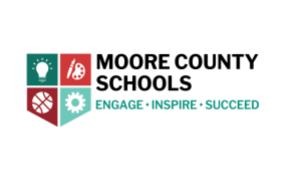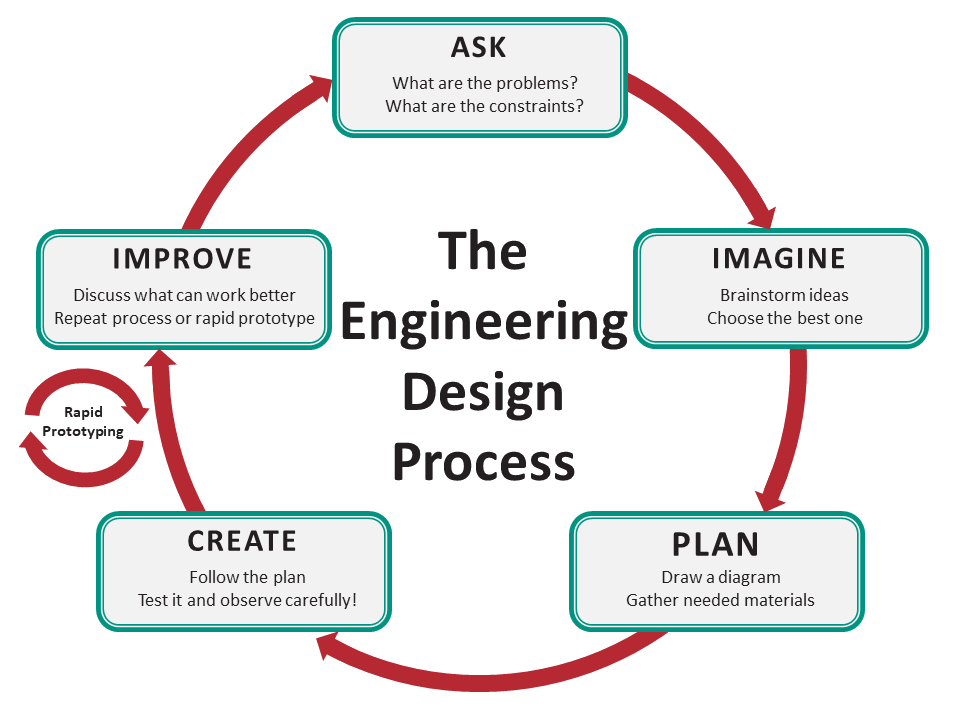- Author:
- Carrie Robledo
- Subject:
- Mathematics
- Material Type:
- Activity/Lab
- Level:
- Middle School
- Tags:
- License:
- Creative Commons Attribution Non-Commercial
- Language:
- English
Education Standards
3695115_TestBooklet (1)
(part 1) Project 3 Area Distance Time Exit Ticket
6th Grade Math - Area of Triangles and Special Quadrilaterals

Overview
Students will create a map that includes (at minimum) five buildings, one must be your house and one must be the post office. They will use the spheros to find the best route to the post office in order to ship their gift, in the shortest amount of time. Students will need to find the length and width of each building on your map, using the spheros and the distance=rate x time and find the area of each building. |
Instructor Directions
Area of Triangles and Special Quadrilaterals
| Driving Question / Scenario | How do you accurately calculate the area of triangles and special quadrilaterals and polygons? |
| Project Summary | Students will create a map that includes (at minimum) five buildings, one must be your house and one must be the post office. They will use the spheros to find the best route to the post office in order to ship their gift, in the shortest amount of time. Students will need to find the length and width of each building on your map, using the spheros and the distance=rate x time and find the area of each building. |
| Estimated Time | 130 minutes |
| Materials / Resources | Pencils, loose leaf paper (for calculations), calculators (at teacher’s discretion), set of directions, large chart paper, spheros, tablets, colored pencils or crayons and rulers. Stopwatch(20-25 mins) Teacher will introduce the concept of area with decomposing and explaining the d=rt formula. |
| Standards | 6.G.1- Create geometric models to solve real- world and mathematical problems to: 1- Find the area of triangles by composing into rectangles and decomposing into right triangles. 2- Find the area of special quadrilaterals and polygons by decomposing into triangles or rectangles. 6.EE.5 - Use substitution to determine whether a given number in a specified set makes an equation true.6.EE.7 - Solve real- world and mathematical problems by writing and solving equations of the form:
|
| Project Outline | |
| Ask | How can the d=rt formula help find the shortest route to the post office and back home? How much land space does each of the 5 buildings utilize? |
| Imagine | You are an Urban Community Developer planning the use of land in your town. You are instructed to create a detailed map of your town that includes the post office with at least 3 buildings plus your home. Think about how you could calculate the distance between the post office and each of your 4 other buildings.*Restrictions: The town should be planned using blocks/grid pattern for efficiency The Post Office and home must be located on different sides of different blocks |
| Plan | You need to create a neighborhood map that includes at least 5 buildings, one being your home and one being the post office that meets the restrictions laid out above. The map needs to have roadways for the sphero to travel. 15-20 minutes: Students will sketch/plan their town on graph paper.30-45 minutes: Draw /Transfer your map using 1-2 pieces of chart paper. Make sure you have at least 5 buildings represented on your map, including your home and the post office. Draw a scale/key and neatly color your map. 30 minutes: Using your tablets, spheros and stopwatch, calculate the distance from the post office to each of your 4 other buildings (slow settings 5-10 power). Also, find the shortest distance from your home to the post office. ***Start at wall edges, measure the length of the wall. **** Have students’ sphero run 5 seconds in 10 power to calculate distance. |
| Create | You will determine the quickest route from your home to the post office. Each group member will be responsible for calculating the distance between the post office and one of the other buildings. However, each group member is responsible for checking team member’s calculations and making sure math is accurate. All work must be shown on paper. Your map needs to include a key and be neatly colored and thoughtfully designed. |
| Improve | After reviewing the activity, students are asked how they could improve the efficiency of the layout in the town; ie roads that allow travel along the hypotenuse |
| Closure / Student Reflections | Students will fill out a reflection form with questions about their learning experience. |
| Possible Modifications / Extensions | Ideas for scaffolding/support:If students are struggling with using the spheros to find the quickest route due to a variety of reasons (lack of fine motor skills, not able to accurately run the sphero, etc), students can find any route to the post office. If navigating the sphero is still an issue, they can calculate the time, and measure their route and calculate the time that wayIdeas for extensionsExtensions: using the sphero, you need to determine the dimensions of each of the five buildings in order to calculate the area of each building. Extensions: Students will add an additional building being an athletic dome. They will need to calculate the area and the circumference of the dome. NC.7.G.4: Understand area and circumference of a circle:
|
